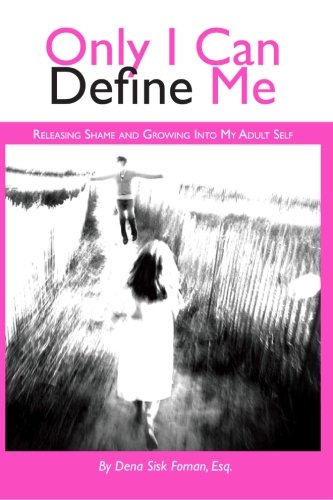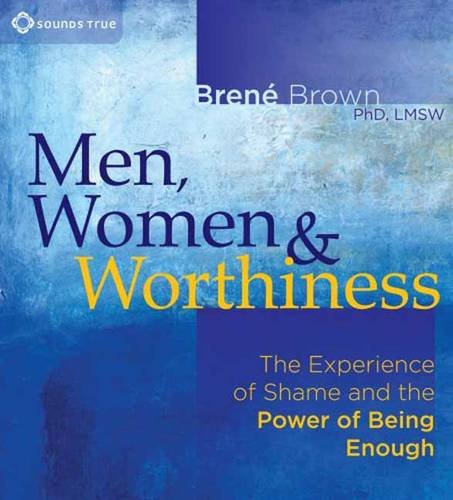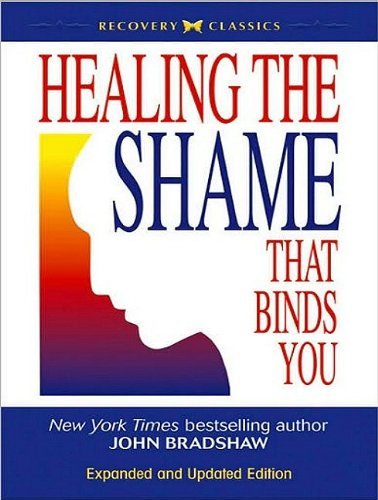
This book is a memoir of breaking the generational cycle of familial mental illness and dysfunction. Ms. Foman was abandoned by her mother at 11 years old and her world crumbled. Her mother then turned to a life of drugs and self- gratification. Her father dove into a new marriage just after the divorce and turned to dealing with his problems by drinking alcohol which led to his alcohol addiction. Thankfully, her father found sobriety later in life, but her mother remains an active drug user. As a result of her confusion, Ms. Foman turned to a life of promiscuity, drinking and got pregnant at 18 years old. She married a man similar to those examples she saw as a child. As this young woman was consumed with understanding why her life was so consumed with drama, she set out to understand and this journey took over 20 painful years. Ms. Foman left her first abusive marriage and went back to get a GED after dropping out of high school. She then went onto community college. When she discovered that education was providing some answers to her burning questions, she continued to go onto college and against all odds was accepted to the University of North Carolina Law School. At the time of acceptance, Ms. Foman was a welfare recipient and had little in the way of family support. Just after entering law school, her mother was convicted of felony trafficking cocaine and began serving a jail sentence. Ms. Foman graduated from law school, but was headed for the worst pain of her life; her son’s battle with his demons. While she had been learning how to function in her new world, Ms. Foman failed to teach her child how to love and be loved and he struggled with acceptance. He was diagnosed with ADD at an early age and eventually with bi-polar disorder and drug addiction which resulted in two near death suicide attempts. In the background several “unmentionable” subjects are addressed. Ms. Foman grew up in an intolerant religious society and amid the racism of the Southern portion of the United States. She gives a vivid picture of what it was like to grow up in a white family that thought nothing of referring to those of different races, religions or sexual preferences in a demeaning manner. This warped thinking had been passed from generation to generation. Not only did her family teach this type of thinking, but the world around her supported the ideology. Ms. Foman shares her story in a brutally honest way in order to convey the plight of families that are plagued with generations of mental issues and how they struggle to survive in the world at large. She advocates for people to be able to share their problems with others in order to move beyond them so they can discover the hidden talents and fulfill their purpose in life. Her story will give hope to many that feel that their circumstances define them and keep their hidden talents suppressed. Despite the circumstance, talking to someone and getting it out is powerful…so powerful that it can help a person let it go and move on so that he or she can offer the world their gifts within.


